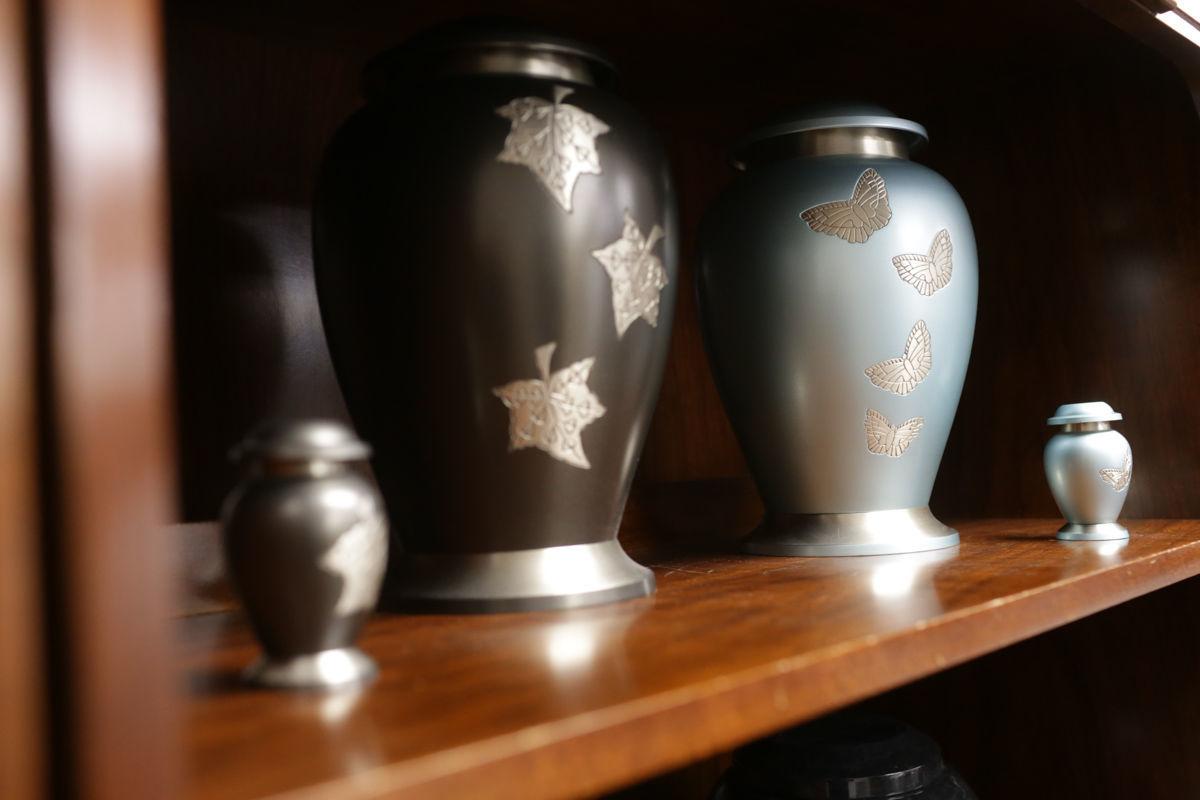How to Support Someone Who is Grieving
GRIEVING is a highly personal and intense experience – people react in quite different ways to the death of a loved one.
And there is no ‘right’ or ‘wrong’ way to grieve – but it can be extremely hard for friends and family who may themselves be grieving – to know how best to respond to someone’s grief.
How do you console someone who has just lost a life partner, a parent, a child, a close friend? Especially when the individual retreats into themselves and it seems that nothing you say or do is making any difference?
The simple answer in most cases is just continue, to be there for the person who is grieving. It may seem it is not making any difference at the time, but it is and will be appreciated, even if much later. You are powerless to ‘fix’ the situation as it cannot be repaired. You cannot change someone else’s feelings or make them better – no one can.
But you can be there, quietly offering your support and offer a positive outlook on the future – grief is a gradual and slow process that can be all encompassing at times.
Grief can make small things seem highly symbolic, and small acts of kindness to help really can make a difference – dropping round a meal, sending a card, doing a small shop – they all can provide comfort to someone grieving. It demonstrates you care about them.
Flexibility is important as grief can make people act and behave in ways they do not normally do so – invite someone to join you and your family at holidays or significant dates to help ease them through the difficult days, but also offer a way out with grace and accept a sudden cancellation, and just check in on them later.
Do not be afraid to use the deceased’s name – it may bring on tears, but it will not make the grief worse. Offer hope and simply listen to the grieving person – there is little need to ask how they are for the answer is obvious to all that they are not good. Asking what they are feeling may help them express their emotions, and acknowledge grief is a process that takes time to move through.
And because it is a process, many recently bereaved people find it more important for check-ins a little down the line as by then most people have returned to their lives and may not be checking in anymore – this is the time people can feel the most alone. Bereaved people often find it hard to reach out for help – especially after a few weeks in case people feel they should somehow be over it all by that point.
If you can and want to help, be specific and ask if doing such-and-such would be appreciated – a shop, laundry, walking the dog. It must be something you can and want to do and means the person does not have to manage your help on top of everything else they are doing. Again, help may even be more appreciated as they adjust to the new normal – especially if a widow or widower who may not have been used to cooking meals or getting the car serviced as their partner took acre of those things.
And most importantly – listen. The grieving person may not want advice or guidance, or judgment over how they are handling their grieving. Just listen and encourage them to share stories and memories. This is a time when it really is all about them – lend that shoulder to cry on and just listen.








